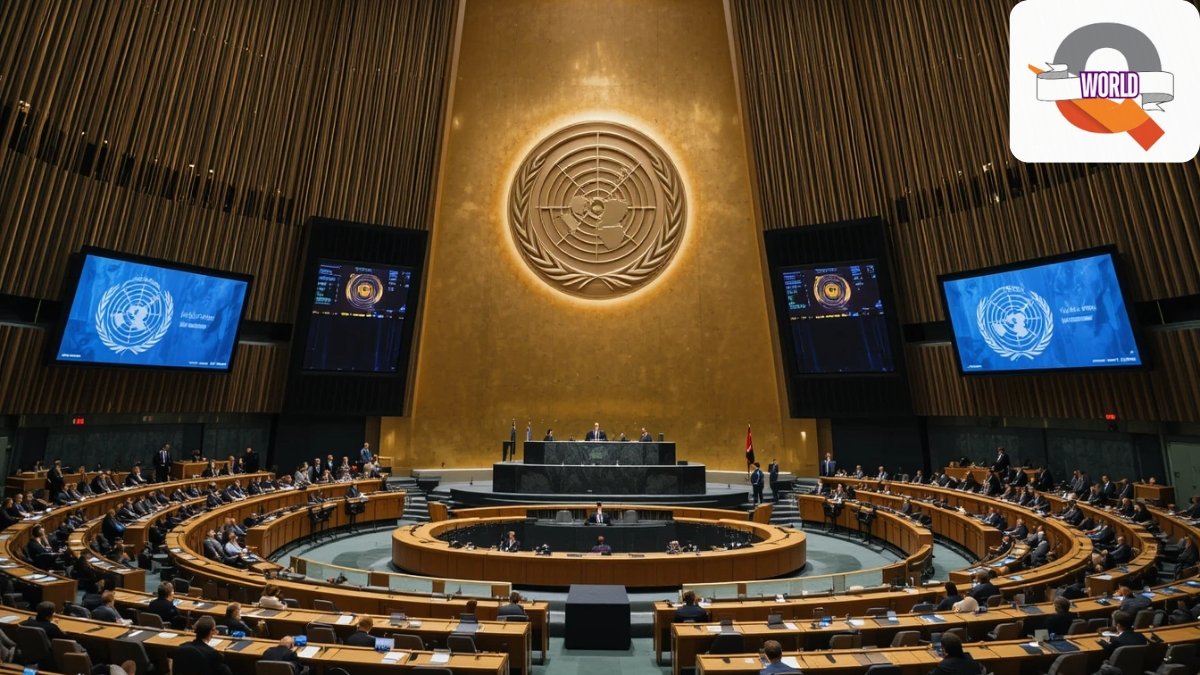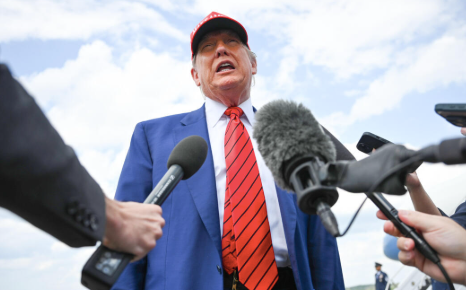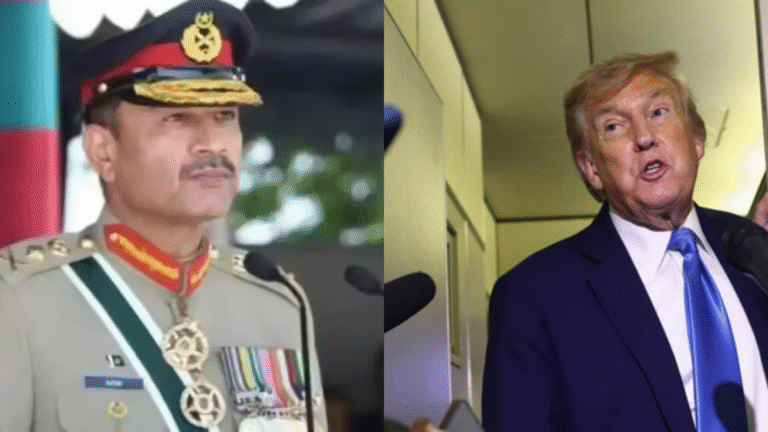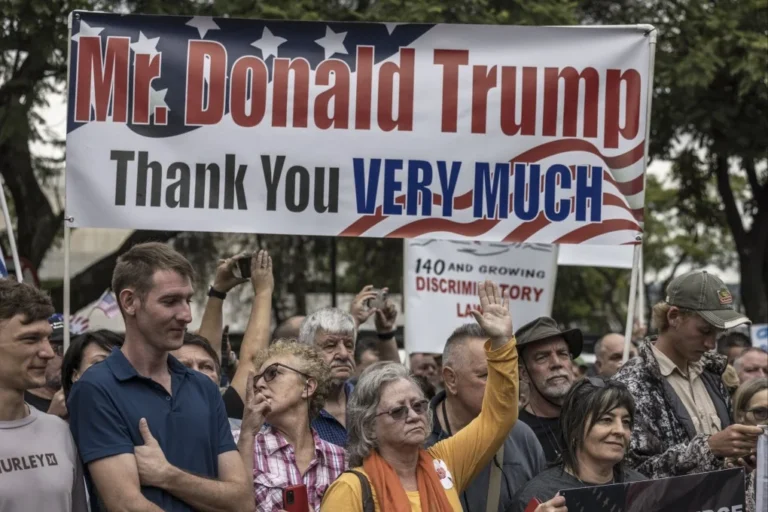
January 31, South Africa: The International Court of Justice and the International Criminal Court are being protected and upheld by rulings by South Africa and Malaysia by a campaign face of what they describe as defiance of ICJ orders and attempts by US Congress to hit the ICC through sanctions.
The aim of the nine-nation Hague Group – which includes Colombia, Bolivia, Chile, Senegal, and Namibia – is to defend the institutions and rulings of the international legal order.
The move comes as both the ICC and ICJ face unprecedented challenges to their authority in cases relating to the wars in Gaza and Ukraine and people-smuggling in the Mediterranean. Ronald Lamola, South Africa’s international relations minister, said the campaign was aimed at ensuring compliance with international law and protecting the vulnerable.
South Africa has brought a case against Israel at the International Court of Justice (ICJ), accusing it of committing genocide in Gaza—an allegation that Israel has strongly denied.
The group emphasizes that its goal is not to punish Israel but rather to address its response to global court rulings. Malaysian Prime Minister Anwar Ibrahim stressed that these rulings “strike at the very foundations of international law, which the global community must defend.”
The measures outlined by the group reflect mounting frustration in the Global South over what is perceived as the West’s double standards in enforcing international law. UN Secretary-General António Guterres recently issued a report outlining steps member states could take to ensure Israel complies with ICJ rulings. These rulings include the court’s determination that Israel’s ongoing presence in the occupied territories is unlawful and that it should withdraw within 12 months.
Switzerland has been assigned the task of convening a conference in March for the 196 signatories of the Geneva Conventions, focusing on the obligation to uphold international humanitarian law in the occupied Palestinian territories. Another conference is scheduled for June in New York to discuss a two-state solution. Meanwhile, the ICJ has been asked by the UN General Assembly to provide an urgent advisory opinion on Israel’s responsibilities as the occupying power, including its duty to facilitate humanitarian aid.
Critics argue that these countermeasures remain largely symbolic, as Israel has shown little inclination to comply with ICJ or International Criminal Court (ICC) rulings. Furthermore, while the Biden administration has appeared conflicted about international law, the Trump administration showed no such hesitation.
US Secretary of State Marco Rubio has supported a bill currently before Congress that would impose sanctions on any individual or entity engaging with an ICC investigation involving the United States or its allies. The bill would even extend penalties to the family members of those targeted.
The ICC is also facing challenges to its authority beyond the Israel case. Russian President Vladimir Putin, who is the subject of an ICC arrest warrant, has traveled freely to the UAE and Saudi Arabia—two nations that, like Russia, are not signatories to the ICC’s founding Rome Statute. Additionally, Mongolia, despite being a signatory, refused two ICC requests to detain Putin during his visit in August last year, citing head-of-state immunity. Though the ICC rejected this justification, the decision set a concerning precedent.
European nations remain divided on whether to enforce the ICC’s arrest warrant for Israeli Prime Minister Benjamin Netanyahu, with Italy, Romania, and Hungary stating they would not act on it if he entered their territory. Poland permitted Netanyahu to travel to Auschwitz for the 80th anniversary of its liberation, though he ultimately did not attend.
Another recent hit to the ICC’s credibility came in Italy, where police arrested a notorious Libyan human trafficker under an ICC warrant. However, the judiciary later facilitated his return to Libya, where he received a hero’s welcome. Frustrated by the move, the ICC subsequently released evidence detailing his involvement in the deaths of migrants as part of its broader investigation into war crimes in Libya.
For more updates subscribe to




